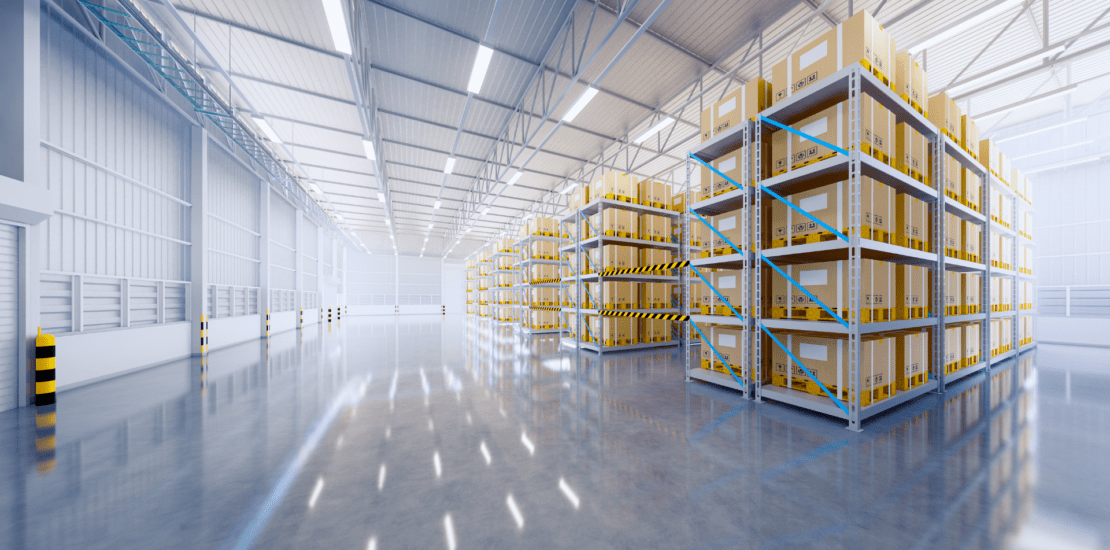
When it comes to warehouse types, the first ones that come to mind are Bonded or Private Warehouses, General or Optional Warehouses and State Warehouses.
Bonded or Private Warehouse Warehouse Types
Customs warehouses are structures established to store imported products and goods that usually require customs duty. The goods stored in the warehouse can leave the warehouse after a while without paying customs duty. Customs Warehouses are also called Special Bonded Warehouses. The reason for this situation is that it acts as a warehouse for the products under the responsibility of Customs and Border Protection. These types of warehouses are usually located close to borders, airports and ports.
pros
Customs duties are exempt from any type of unsold goods. For this reason, the demand is not very important to the target.
It imposes less cost burden on businesses that store goods for longer periods of time.
It can hold various products together.
Cons
Customs clearance compliance can be complex.
International shipping arrangements can be difficult.
General or Optional Warehouse Types
It is quite possible to reduce costs in this type of warehouse, which is advantageous for small businesses. Even if these types of warehouses have not become widespread in our country yet, they will have much more use in time. Pricing remains very competitive as public warehouses operate “on demand” and the owner will want to fill the available space. Generally, a fee per pallet and per square meter pricing policy is followed.
pros
Responsibilities such as building maintenance and personnel salaries are not a problem for people who rent warehouse space.
Thanks to flexible contracts, small businesses are encouraged to use these areas as their warehouses.
Cons
You cannot have too much say in details such as climate, square meters, floor plan.
Monthly costs can accumulate quickly.
Government Warehouses
Government warehouses are primarily used to store state goods and goods. However, private individuals and business owners can also rent space from these warehouses. The government reserves the right to confiscate the property of any tenant who does not pay rent in its warehouses. This situation allows the state to examine and sell the goods and belongings of people who do not make their rent payments on time. It is generally well managed as it is state property. These types of warehouses are generally clean, tidy and some are climate controlled.
pros
They provide storage services for schools, institutions and offices.
It is under state supervision.
Since it is a state property, rental payments are lower than other types of warehouses.
Cons
Delayed rent dues cause the property to be seized.
Tenants must comply with government requirements.
Goods of any other type cannot be transported, except those that will be legally stored in state ownership.

